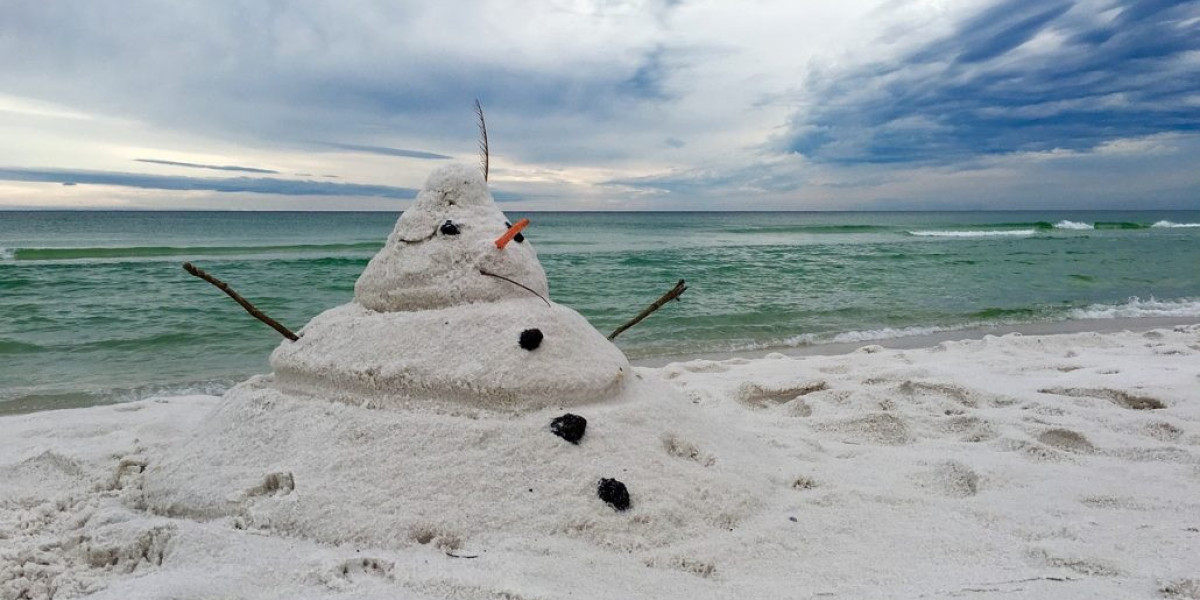Costa Rica, a country known for its stunning natural landscapes, vibrant culture, and warm hospitality, also boasts a rich tapestry of holidays and Holidays Celebrated In Costa Rica These holidays reflect the country's unique blend of indigenous heritage, Spanish influence, and modern traditions. In this guide, we'll explore the various holidays celebrated in Costa Rica, offering insights into their origins, customs, and significance.
Overview of Costa Rican Holidays
Costa Rican holidays are a mix of national, religious, and cultural celebrations that bring communities together and highlight the nation's vibrant traditions. These holidays often include parades, festivals, traditional foods, and other festive activities. Major holidays include both public holidays and local festivities that vary by region.
Major National Holidays
1. New Year's Day (Año Nuevo)
- Date: January 1
- Description: New Year's Day marks the beginning of the new year and is celebrated with fireworks, parties, and family gatherings. Costa Ricans often enjoy a special meal with loved ones and reflect on the past year while making resolutions for the year ahead.
2. Epiphany (Día de los Reyes)
- Date: January 6
- Description: Known as the Day of the Three Kings, this holiday commemorates the visit of the Magi to the infant Jesus. While not as widely celebrated as in other countries, Costa Ricans may enjoy traditional sweets like "rosca de reyes" (a ring-shaped bread) and participate in church services.
3. Holy Week (Semana Santa)
- Date: Variable (March or April, depending on Easter)
- Description: Holy Week is one of the most important religious observances in Costa Rica, leading up to Easter Sunday. The week is marked by a series of religious processions, services, and traditional events, including the reenactment of the Passion of Christ. Many Costa Ricans also take this time for family vacations and beach outings.
4. Labor Day (Día del Trabajador)
- Date: May 1
- Description: Labor Day celebrates workers' rights and contributions. It is a public holiday characterized by parades, demonstrations, and community events that promote labor rights and social justice.
5. Independence Day (Día de la Independencia)
- Date: September 15
- Description: Costa Rica's Independence Day commemorates its independence from Spanish rule in 1821. The day is celebrated with patriotic parades, traditional music and dance, and cultural performances. Schools and communities often participate in various activities to honor Costa Rican heritage.
6. Christmas (Navidad)
- Date: December 25
- Description: Christmas in Costa Rica is a festive time marked by family gatherings, special meals, and various traditions. Costa Ricans celebrate with a variety of traditional foods, including tamales and "ponche crema" (a local Christmas drink). The holiday season extends through to the end of the year with "La Fiesta de los Diablitos" (The Devil's Party), celebrated in some regions.
Important Religious Holidays
1. Virgin of Los Ángeles Day (Día de la Virgen de los Ángeles)
- Date: August 2
- Description: This holiday honors Costa Rica's patron saint, the Virgin of Los Ángeles. Pilgrims from across the country travel to the Basilica de Nuestra Señora de los Ángeles in Cartago to pay their respects. The day includes religious ceremonies, processions, and celebrations.
2. The Feast of Our Lady of the Mountain (Fiesta de la Virgen del Carmen)
- Date: July 16
- Description: This feast day celebrates Our Lady of the Mountain, a revered figure in Costa Rican Catholicism. The day includes processions and religious services, particularly in towns where the Virgin is venerated.
Cultural and Regional Festivals
1. Festival of the Bulls (Festejos Populares)
- Date: Varies by location (often in August or September)
- Description: This festival, held in various towns across Costa Rica, features bull-related activities such as bull rides and parades. The festival celebrates Costa Rican folklore and traditions, with events that include live music, dancing, and local food.
2. Carnival of Limón
- Date: October
- Description: The Carnival of Limón is a vibrant celebration held in the Caribbean city of Limón. It features colorful parades, music, dancing, and cultural performances that highlight the Afro-Caribbean heritage of the region.
3. The Festival of Lights (Festival de las Luces)
- Date: December
- Description: Held in San José, the Festival of Lights marks the beginning of the Christmas season. The festival features spectacular light displays, parades, and musical performances, attracting both locals and tourists.
Unique Local Celebrations
1. The Festival of the Little Devils (Fiesta de los Diablitos)
- Date: December 30 - January 1
- Description: Celebrated in the town of San Isidro de Pérez Zeledón, this festival involves colorful costumes, traditional dances, and a reenactment of a battle between indigenous people and Spanish colonizers. It is a blend of indigenous and Catholic traditions and is a lively, cultural event.
2. The Celebration of the Boy’s Day (Día del Niño)
- Date: September 9
- Description: Día del Niño is dedicated to celebrating children and their importance in Costa Rican society. Schools and communities organize special events, games, and activities for children to enjoy.
National Holidays with Special Significance
1. Mother’s Day (Día de la Madre)
- Date: August 15
- Description: Mother’s Day is a special occasion to honor mothers and their role in family life. It is celebrated with gifts, flowers, and family gatherings, with many people expressing their appreciation for their mothers and maternal figures.
2. Father’s Day (Día del Padre)
- Date: June 16
- Description: Father’s Day is a day to recognize and appreciate fathers and father figures. Similar to Mother’s Day, it is marked by family gatherings, gifts, and expressions of gratitude.
How Holidays Reflect Costa Rican Culture
1. Religious Influence
Many Costa Rican holidays have strong religious roots, reflecting the country’s predominantly Catholic heritage. Religious festivals often involve processions, church services, and rituals that bring communities together in celebration of faith.
2. Community and Family Bonding
Costa Rican holidays are not just about personal celebration but also about strengthening community ties and family bonds. Events often involve communal activities, from neighborhood parades to family feasts, fostering a sense of unity and togetherness.
3. Cultural Heritage
Traditional festivals and holidays highlight Costa Rica's diverse cultural heritage, including indigenous traditions, Afro-Caribbean influences, and Spanish colonial history. These celebrations often feature traditional music, dance, and cuisine, preserving and showcasing the country’s rich cultural tapestry.
Conclusion
Costa Rica’s holidays offer a vibrant and diverse reflection of its cultural and religious landscape. From national celebrations like Independence Day and Christmas to local festivals such as the Festival of the Little Devils and the Carnival of Limón, each holiday provides a unique glimpse into the country’s traditions, values, and community spirit. Whether you're a local resident or a visitor, experiencing Costa Rica's holidays is a wonderful way to engage with and appreciate the country’s rich cultural heritage.








